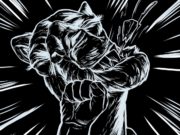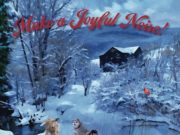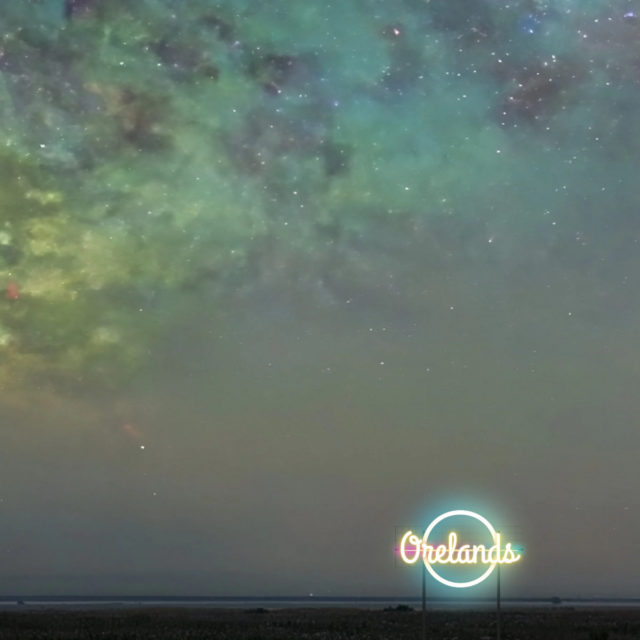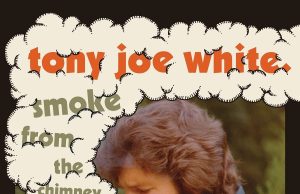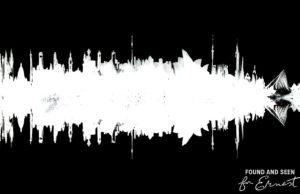 It may not be a surprise that in times of upheaval – dark times, despairing times, when tyranny overtakes liberty, when societies trip and stumble, when anxious grumbling is mistaken for nuanced thought, when belief overtakes reason, when one’s principles succumb to one’s passions, when the whole world seems to be drunk and braces itself for the inevitable hangover that the new dawn will bring – that the mind, quite naturally, gravitates toward the fantastical; it dips into the wardrobe, it dives into the rabbit’s hole, it disappears into an adventure of Tolkienic or Martinic or Pullmanic proportions.
It may not be a surprise that in times of upheaval – dark times, despairing times, when tyranny overtakes liberty, when societies trip and stumble, when anxious grumbling is mistaken for nuanced thought, when belief overtakes reason, when one’s principles succumb to one’s passions, when the whole world seems to be drunk and braces itself for the inevitable hangover that the new dawn will bring – that the mind, quite naturally, gravitates toward the fantastical; it dips into the wardrobe, it dives into the rabbit’s hole, it disappears into an adventure of Tolkienic or Martinic or Pullmanic proportions.
This is the world of Orelands, the world of Secrets and Select Missions, a world very much like our own, one full of lies and betrayals and, of course, monsters, hideous abstractions of our psyches made real, made flesh, roaming empty forests with impunity, searching for a meal, a lonely peasant, farm labourer, mill worker, to gulp down, to devour in a futile attempt to satisfy its insatiable hunger; a world of gold-hoarding dragons, ancient amulets, and precious jewels; a world of spells and illusions – deceptions, by another name; a world ruled by the divine right of kings, who need not be benevolent, those earthly examples of God, those short-tempered, those easily angered, those all-too-willing to take up the sword and fight; a world in flux, in change; a world nearer the cradle of creation than our own; a world of dreams and wonder; a world where one could be whatever monster one desires: valiant knight, honourable apprentice, skilled interlocuter; poet, poisoner, or prisoner; muse or lover; plague-bearer or healer; prince or pauper; a world of natural beauty, with winding rivers flush with fish, with forests full of birdsong, crisp spring freshets, sun piercing through branches and brambles, into places that would otherwise remain unlit, unseen, unknown; a world bursting with life and love, and, yet, a world livid with itself; again, a world very much like our own.
Looking down from such great heights, one’s eyes quickly spot a small cabin, isolated – nestled – in the woods, a thin trail of smoke slithers out of the chimney. It’s where the narrator – perhaps we can say that this narrator is Jay Hovland – lives, and he looks up from his writing desk, pushed near the window, to survey what landscape he can see. This man – this philosopher – recalls his dreams from the past night; they were lucid, as if they foretold the future, of traveling armies, of neighbours betraying neighbours, of an approaching anarchy and violence; in the dream, it was his job to stop it, to prevent a calamity, to prevent the apocalypse; he saw burnt churches, he the turning – the churning – of the world, he saw that no one would escape the horrors that would soon be thrust upon them; he heard cries and accusations, he heard criminals boast that the ends justified the means, he heard the wailing of thousands of ghosts.
• • •
To read the rest of this review — and more by Steve Schmolaris — visit his website Bad Gardening Advice.
• • •
Steve Schmolaris is the founder of the Schmolaris Prize, “the most prestigious prize in all of Manitoba,” which he first awarded in 1977. Each year, he awards the prize to the best album of the year. He does not have a profession but, having come from money (his father, “the Millionaire of East Schmelkirk,” left him his fortune when he died in 1977), Steve is a patron of the arts. Inspired by the exquisite detail of a holotype, the collective intelligence of slime mold, the natural world and the suffering inherent within it — and also music (fuck, he loves music!) — Steve has long been writing reviews of Winnipeg artists’ songs and albums at his website Bad Gardening Advice, leading to the publication of a book of the same name.









